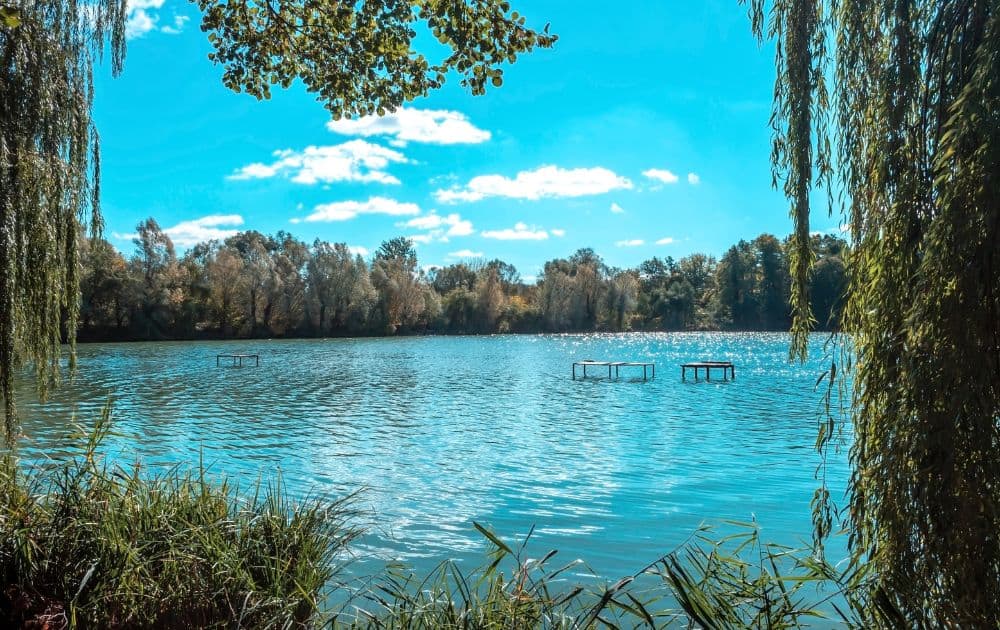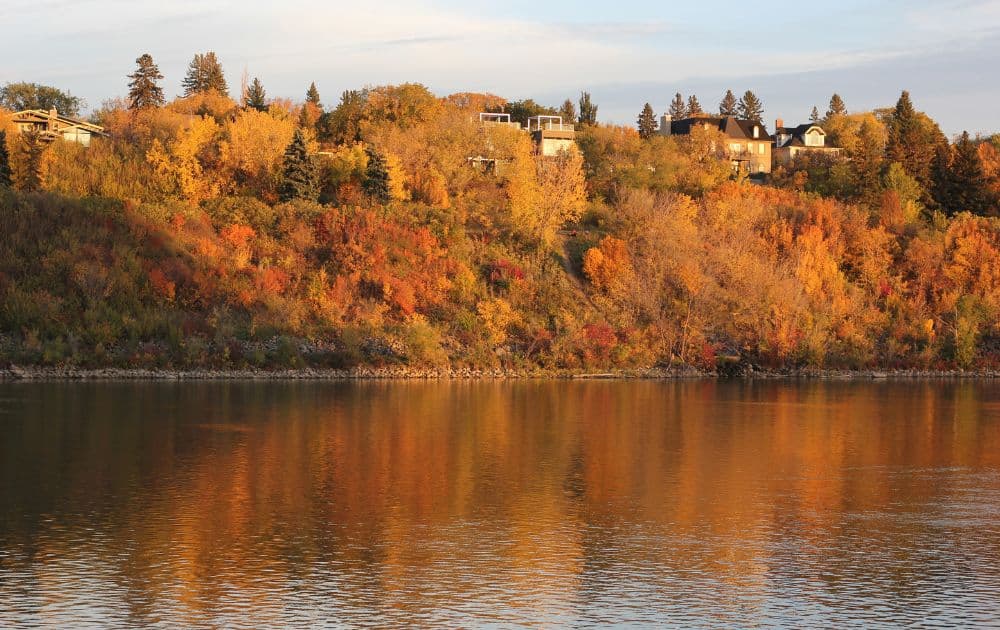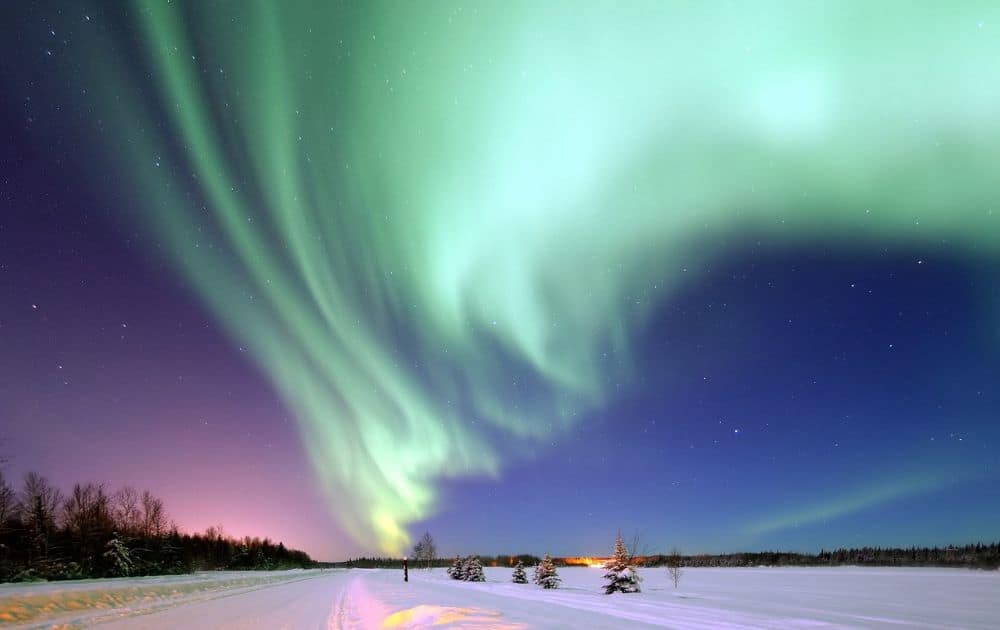Here are our top picks for sustainable events around the world. Wherever you live, whether you’re into crafts or you prefer a cocktail and a shopping spree, you’re sure to find the perfect sustainable activity.
Feel like connecting with others and learning more about topics that matter? Take a good look through our list of sustainable events below.
You could learn a new skill, like sewing a pair of shoes out of sustainable materials. You could attend a stylish eco supper club.
You could see to it that your local coastline stays clean when the storms sweep in, by joining your nearest beach clean.
There’s something for everyone, take part and enjoy!
Sustainable events by month
1. January

A time for recovery and decompression. Here’s a list of events that are just the right mix of fun, rejuvenation and activism.
Sustainable and ethical events in January
More to come
2. February

Eco events in February
More to come
3. March

Eco friendly events in March
More to come
4. April

Sustainability related events in April
More to come
5. May

Green events in May
Bushfire, Swaziland (May-June)
It’s not just a music festival, there’s theatre, poetry, dance, art exhibits and installations, story-telling, puppetry and film – that all celebrate Africa’s diverse heritage. It’s a “call to action for positive social and environmental change”. Learn more here.
The Big Retreat Festival, Lawrenny, Wales
One of the best views in Pembrokeshire will play host to the Big Retreat for the first time. Small in number but mighty in scope, it will soothe the soul, move the mind and make your heart sing. There’s yoga, foraging, crafting, kayaking, wild swimming, woodwork, writing workshops, massage, music and plenty of gin. If this isn’t a list of your favourite things we’re not sure what’s wrong with you. Learn more here.
6. June

Eco events in June
Festival of Nature, Bristol
The Festival of Nature celebrates not just wildlife but how the natural world affects our health and how we affect it. Head down to Bristol’s harbourside for the largest free celebration of all things nature or explore some Bristol’s iconic venues with special events. The harbourside will be home to a beautiful wildlife garden from Earth Timber Stone, children’s educational activities and ethical food and drink producers. Learn more here.
Plastic Free Awards, Cornwall
The Plastic Free Awards were founded in 2019 by Surfers Against Sewage, alongside Iceland Foods Charitable Foundation to recognise and celebrate innovators, entrepreneurs, volunteers, youth campaigners and ocean activists leading the fight against plastic pollution. Nominations for the 12 categories close in March. Judging takes place in early June and the event takes place in mid-June. Learn more here.
Fairwild Week, Global
FairWild is a certification organisation that aims to help showcase those producers, farms and suppliers who harvest herbs and plants for food, skincare and medicines, sustainably and fairly. It is also working to develop best practice guidelines for the entire supply chain – from harvesters to producers – something that hasn’t existed before. FairWild Week celebrates wild plants and the people who harvest and forage them. Learn more here
7. July

Ethical, creative, educational and fun: There’s an eco event for everyone. Get that pop up shop, craft course or festival into the diary. Have fun making your life more environmentally friendly this July.
Clear your diary for July’s best ethical events in the UK
Rock Oyster Festival, Cornwall
Great music, delicious food and good company. This festival is held on Cornwall’s Camel Trail between Padstow and Rock, it’s the perfect place to cycle to.
8. August

It might be the summer holidays, but there’s no shortage of things to do in August. For best ethical events, festivals and workshops, scroll down to find out what’s on.
The Best Sustainable Events In August
Fforest Gather, Cwmplysgog, Cilgerran, Wales
Half festival, half family adventure, Fforest Gather is a two-week event that’s full of culture, creating and crafts. Learn something new while exploring the 500 acres this hip glamping location has on its doorstep. Gather is limited to 300 places per week and is perfect for families looking for a cool back to nature break – there will
be talks and tree climbing, workshops and wood whittling and by the end of it – everyone’s family. Oh and there’s a tiny pub for lock ins. Learn more here.
9. September

Summer might feel like it’s over but September is packed with awesome events, from yoga and wellness festivals to fashion panel discussions, pop ups and more. The only problem is finding room for them all.
Our top picks for sustainability related events in September:
Festival of Natural Fibres by Khadi London, London
Want to make room for more natural fibres in your wardrobe? Want to just learn what ‘natural fibres’ means? The first ever Festival of Natural Fibres will help you do just that. There’s a photo exhibition on khadi, India’s handspun fabric, workshops on using natural fibres like nettle and how to spin your own wool and talks on sustainable fashion by some of pebble’s favourite eco people. Great for fashion designers and anyone interested in clothes. Click here for more information.
Propagate, Prosper, Preserve by The Permaculture Association, Derbyshire
Love all things nature and gardening? Whistlewood in Derbyshire has just the event for you. It’s a day packed with workshops to help you become the best gardener and learn more about how you can help nature flourish in your backyard. Click here for more information.
Great British Beach Clean, Nationwide
Head to the coast for Marine Conservation Society’s Great British Beach Clean. There are local events going on over the weekend pretty much the entire length of the UK’s coastline. Hit the beach, help pick up plastic and make some new friends. Click here for more information
Wanderlust 108, London
Anyone up for a new kind of triathlon? How about a 5km run (or walk or skip), then a 75 minute DJ powered yoga session followed by a group meditation in Battersea Park? And there’s no need to rush off with classes scheduled all afternoon and a healthy street food market on hand. Now this a guilt-free Saturday. Click here for more information.
Urban Food Fortnight, London
Want a taste of London? Forget the busy markets and the Instagram cliches and embrace Urban Food Fortnight, which brings together the best makers, crafters, producers, bakers, brewers and chefs that London has to offer. Click here for more information.
Festival of Thrift, Kirkleatham
Let’s go thrifting! Find your next treasure at The Festival of Thrift. This two day celebration of sustainable living is a goldmine for the best vintage clothes and thrifty shopping, amazing workshops (ceramics, blacksmithing or wild baking anyone?), plus family entertainment, awesome food and drink (often in upcycled or recycled vans, milk floats, trikes and carts). Sustainable living never looked so much fun. Best of all it’s free to get in. Click here for more information.
Apple Harvest Day, Brighton
Calling all Brightonians, have you heard of Apple Day? It’s the perfect family day out featuring orchard tours, fun activities, food and drink, fruit growing advice and best of all it’s free. Click here for more information.
National Refill Day, UK wide
Did you know, if just one in ten Brits refilled their water bottle once a week, we’d have 340 million less plastic bottles a year in circulation. Refill, the campaign for free water fill-ups, is launching a national refill day. Download the app as tonnes of high profile new venues are about to be refilled. Post your refill at #RefillRevolution and don’t bottle it. Click here for more information.
Good Money Week, Various locations
Good Money Week brings you a week of ethical information for everything finance. Events are running in both Edinburgh and London around how men and women invest differently and how to invest sustainably. It’s time to green up your money. Click here for more information.
10. October

Hold onto your hats, October’s a busy month with ethical fashion pop ups, panels and shows, brewing workshops, inspiring talks, food festivals and even the first ever vegan Oktoberfest. Enjoy it before festive fever hits.
Eco related events in October:
Castle Howard Food Festival, York
A privately owned stately home is the grand setting for York’s October Food Festival. The ornate gardens will contain over 50 food and drink stalls for one weekend only, plus celebrity chefs and cooking demos. Get your eating pants on for artisan bread and pastries, mussels, homemade ginger beer, gourmet sausages, homemade pork pies and fudge and wash them down with local gin and craft beers. Cheers! More info.
Fermentation and Real Food Gathering, South Derbyshire
Learn the art of sourdough and sauerkraut in South Derbyshire’s permaculture woodland, Whistlewood Common. Join local experts (including Simon Jones of Praxis Probiotics and Lucy Kay of The Mind and Body Tree) for workshops, talks, demos and tastings surrounded by beautiful trees. More info.
World Food Day – Good Food March, London
Join the Good Food March from Westminster to the We Feed The World exhibition at the Bargehouse Gallery, south London. Those marching are calling for a post-Brexit agriculture policy that guarantees good food and good farming in the UK. Led my Landworkers Alliance, Soil Association and farmers included in the photography exhibition. Once there, expect an afternoon of workshops and talks from celebs and campaigners including Thomasina Myers, Anna Lappe, Guy Watson, Jeremy Irons, Patrick Holden, John Vidal and many more. More info.
Vegan Festival, Multiple Locations
Vegans and maybe-vegans or just want eat less meat people! Head down to Wrexham, north Wales for tasty plant-based treats, street food, beer, wine, cakes – you name it, you can have it if you’re vegan (well, nearly). Join 3.5 million other Brits and introduce more plants into your life.
Entry includes entry to all areas and activities. Standard tickets are purchased at the door on the day. VIP tickets include fast track entry and a goody bag full of vegan products, samples, discounts and offers. More info.
Apple Day, London
Ever think that Britain doesn’t have enough strange customs to celebrate? We’re loving Borough Market’s reincarnation of Apple Day that celebrates the 2,500 varieties of apples we can grow. Taste heritage apples, sip cider, snap up apple-y treats from stallholders and drop by the specially created story orchard – a small glade of young English apple trees where children can take part in arts and craft activities and listen to autumnal tales.
Don’t miss the annual procession, the October Plenty, a celebration of ancient seasonal rites. Led by the Berry Man (the Autumn incarnation of the original Green Man), decked with wild fruits and foliage, the procession also features a huge Corn Queene effigy heavy with ‘Plenty’ – wheat, barley, apples, root vegetables and foliage from Borough Market – which will be dismantled and ceremoniously thrown to the crowd. Bonkers and brilliant fun. More info.
Autumnal Brewing with Atlantic Brewery, Porthtowan
As the nights get longer it’s definitely time to start brewing your own beer. Join the guys at Atlantic Brewery in Cornwall who will show you how to get started brewing own Christmas Spiced Honey Ale and Fiery Alcoholic Ginger and Lime Beer. Sounds delicious! More info.
Global Good Awards & The Purpose Summit, London
With 16 categories focusing on everything from eco products to employee engagement. Their ambition is to reward all types of organisations – multi-nationals, SMEs, social enterprises, local government, charities, NGOs and academic – of all sizes; all of whom are making strides towards a better world for people, the planet and the global economy! Entries are open Feb-April. More info.
11. November

It might be the countdown to Christmas but there are plenty of other amazing eco events happening around the UK this month. Here are some of our pebble team favourites.
Awesome eco events for November
Hay Festival, Hay on Wye, Wales
For the last 30 years the self-styled town of books has been welcoming thinkers, doers and writers to discuss, debate and deliver the kind of hour long talks that TED’s now famous for. While anyone can wander in and around, events are ticketed and sell out – each year surprises with the authors and change makers who really makes waves. Watch out for Letters Live too, where an all star cast read out letters of note. Learn more here.
The Sustainable Fashion Power Hour, Lewes, East Sussex
Watched Stacey Dooley’s documentary on fashion and want to know what you can do now? Head down to the Sustainable Fashion Power Hour and The Great Dolly Clothes Swap in Lewes for an evening full of eco-ideas and to meet other ethical fashion lovers. Bring clothes to swap, ideas to share and sip some fizz. For more info click here.
Restoration of Crompton Moor, Manchester
Join Manchester City of Trees, and The Moors for the Future partnership to restore and conserve the important recreational and natural moorland of Crompton Moor. They need volunteers to help plant sphagnum moss which is one of the building block of a moor – it keeps it wet and soggy. You provide the will, they provide the tea and biscuits. Find more info here.
Yorkshire Yuletide Village, York
While every city has its own Christmas market, we’re loving the Yorkshire Yuletide Village, hosted by Made in Yorkshire. Head to the Shambles to find some of the region’s best crafters and makers selling gifts including jewellery, ceramics, homewares, crafts and Yorkshire produce such as Yorkshire wines and cheeses. For more info click here.
Bath Christmas Market, Bath
Bath gets eco this year with the city centre’s decorations made from recycled single use plastic. Head down on a Saturday to catch the Festive Family Artisan Market in Queen Square with kids’ storytelling and Christmas crafts. 160 chalets make up the Bath Christmas Market, with 80% of those coming from Bath and the surrounding area. Some of those focus on upcycled and recycled homewares and accessories. For more info click here.
Christmas Wreath Making, Daylesford Cafe
We don’t need many excuses to visit a new Daylesford Farm Shop & Cafe but this is a really good one. The organic food gurus are hosting a workshop to make a gorgeous Christmas Wreath, with cuttings from its organic farm and hedgerows. Under the masterful eye of Daylesford’s florists you’ll create something stunning (we’re sure). Click here for tickets.
Wonderland, The Shippon Square, Dartington Hall
Get your craft on with this wonderful three day craft market near Totnes, hosted by The Craft Revolution and Me and East. Try your hand at crafting workshops, meet 60 of the south west’s best makers plus Dark Poetry, a Nordic choir, Santa Frau and the tiniest Gin Palace in the World. Free entry. For more information click here.
12. December

December is the month for festive events. Scroll down to see our very sustainable selection of Christmas fairs. They are the perfect way to combine a festive drink and a day out with getting some essential ethical Christmas shopping done.
Whether you are after slow fashion, zero waste products or you just fancy browsing with a glass of mulled wine in your hand, there will be a market that’s made for you.
Any grinches out there rolling their eyes? You can skip the seasonal stuff all-together.
What about going to a film festival to have a look at the climate crisis, and other timely issues, through the eyes of contemporary Austrian film makers?
Green events in December
More to come
Closing Thoughts On Sustainable Events
Sustainable events are an opportunity to broaden our minds, connect with others and speak up for what we believe in. We’d love to keep updating this list with the best of the best events around the world so please do share the best of the best near you!










